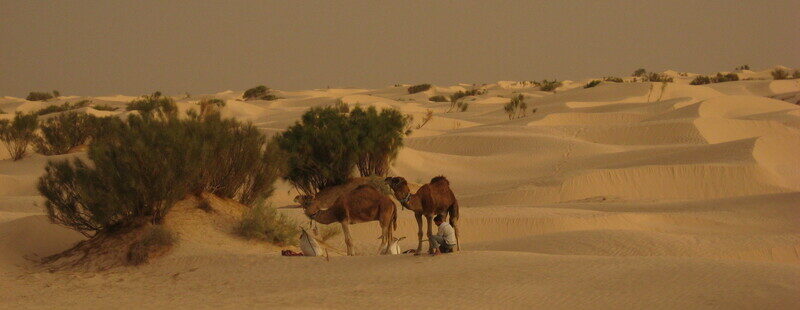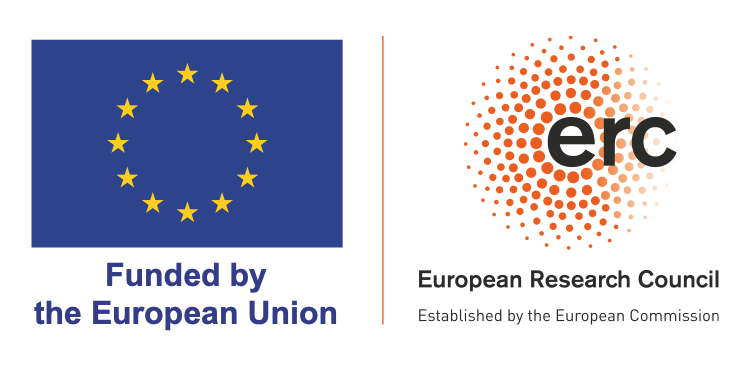- Rebecca’s fieldwork in Jordan – April 2024In April 2024, Maria Rebecca Zarb traveled to Jordan for three weeks to collect linguistic data on the Rašāyda community in the region. Her research took her to various cities across the country, from the bustling capital of Amman to the stunning landscapes of Wadi Feynan. Heartfelt gratitude goes to the gracious Rašāyda families who warmly embraced Rebecca, making her feel like part of their own, as well as to the other collaborators whose support was essential to the success of the fieldwork. Here are some more impressions of the trip:
- Symposium the ‘Tribe’ in the WANA Region, 3rd & 4th of October 2024On the 3rd and 4th of October 2024, an interdisciplinary symposium, led by our colleague Laura Stocker, will be held at the University of Vienna. Scholars from different disciplines, including history, (socio-)linguistics, and social anthropology, will critically examine the concept of ‘tribe’ and its various interpretations in different academic fields. The symposium will be held in the lecture room of the Institute of Near Eastern Studies:University of Vienna, Institute for Near Eastern StudiesSpitalgasse 2, Hof 4.1, A-1090 Vienna For more information, please contact Laura Stocker via laura.stocker@univie.ac.at. Participation is free of charge, but we kindly ask you to register in… Read more: Symposium the ‘Tribe’ in the WANA Region, 3rd & 4th of October 2024
- Stefan Reichmuth’s visit to the WIBARAB teamProfessor Stefan Reichmuth from Ruhr University Bochum agreed to pay us a visit in mid-June for a presentation about his field work in Sudan during the 70s. We are very much looking forward to his reports about his experiences!
- Dina El Zarka’s visit to ViennaProsody expert Dina El Zarka from the University of Graz will be giving a workshop on her special field on June 12th and 13th. We are very much looking forward to two instructive days!
- First WIBARAB Symposium – June 2023From 7 to 9 June, the first WIBARAB Symposium took place on the campus of the University of Vienna. We had the honour to welcome 15 renowned experts. During the symposium, our PhD candidates and MA students gave presentations on our preliminary results which were that commented by our guests. We had the opportunity to discuss ongoing work, methodological and theoretical considerations as well as further steps. Here are some impressions of the event:
- Fieldwork in Lebanon – May 2023
- Fieldwork in Sudan – February/March 2023Master student Stanley went on his first field trip to Sudan to study the dialect of the Rashayda tribe. He was welcomed and hosted by the University of Shendi and had the chance to not only collect precious data about the Rashaydas’ dialect but also to dive into the local culture of Sudan.
- Fieldwork in Saudi ArabiaGunda Kinzl went to explore the dialects of Saudi Arabia. She encountered wonderful people, an unexpectedly, breathtakingly, beautiful nature and many interesting linguistic features.
- Fieldwork in LebanonLast February Ana Iriarte and Claudia Laaber spent a month in Lebanon carrying out their first fieldwork campaign on the Arabic Bedouin dialects of the country. They were warmly welcomed by various families across the country: Beirut, Khalde, Bekaa Valley and South Lebanon are some of the areas where linguistic and sociolinguistic data was collected. The members of these communities generously opened the doors of their houses to our two researchers, sharing with them many of their life stories over a cup of delicious ghawa. Claudia and Ana came back to Vienna by the end of March with their recorders… Read more: Fieldwork in Lebanon
- Project Update January 2022Questionnaires, ethnic approvals and fieldwork Currently, we are preparing the questionnaires and the database entries. There is also a lot of administrative work to do, particularly our endeavours to obtain ethic approvals from all the countries where fieldwork is planned. In April, two members of the team will for the first time present preliminary results of our research at a conference in Madrid. -Stephan Procházka
- What is Bedouin-Type Arabic?The linguistic and socio-historical realities behind the millennia-old dichotomous concept of nomadic and sedentary people in the Middle East and North Africa. More than 350 million people speak Arabic in linguistic settings that are for the most part characterised by a high degree of diglossia. From Iran to Mauretania, countless spoken varieties are in use, which will be investigated in the ERC project WIBARAB. A particular concern of the project is the language of the Bedouins which has spread with the Arab expansion in the Middle East and North Africa since the 7th century. In a cooperation between the Institute… Read more: What is Bedouin-Type Arabic?
Blog


